with STEM™ CAREERS JOB KIT



Tips and advice on building an out-of-this world career helping us understand the universe
As we enter the next Space Age, more satellites will be launched in the next 10 years than in the entire history of human space exploration. The potential for collisions between satellites, space debris and other artificial objects that may seriously impact communications, GPS, weather monitoring and other critical infrastructure is growing exponentially.
However, Macquarie researchers, including one of our PhD students, have pioneered a new observation technique that allows celestial objects to be observed during the day. This means that astronomers can now monitor objects near to Earth, as well as those in the far reaches of the galaxy, whatever the time of day.
If you would like to join the rapidly expanding field of space situational awareness – the close monitoring of an ever-growing population of objects orbiting Earth – or become part of the next Space Age, then studying Astronomy and Astrophysics at Macquarie is the place to launch your career.
You’ll study in our state-of-the-art facilities and learn to develop creative solutions by applying physical principles, advanced mathematical and computational techniques, and manipulating data sets using astronomical software.
You’ll have access to optical and radio telescopes at the Macquarie University Observatory – the only operational on-campus observatory in Australia – and through our collaboration with CSIRO’s Astronomy and Space Science, and the Macquarie node of Australian Astronomical Optics.

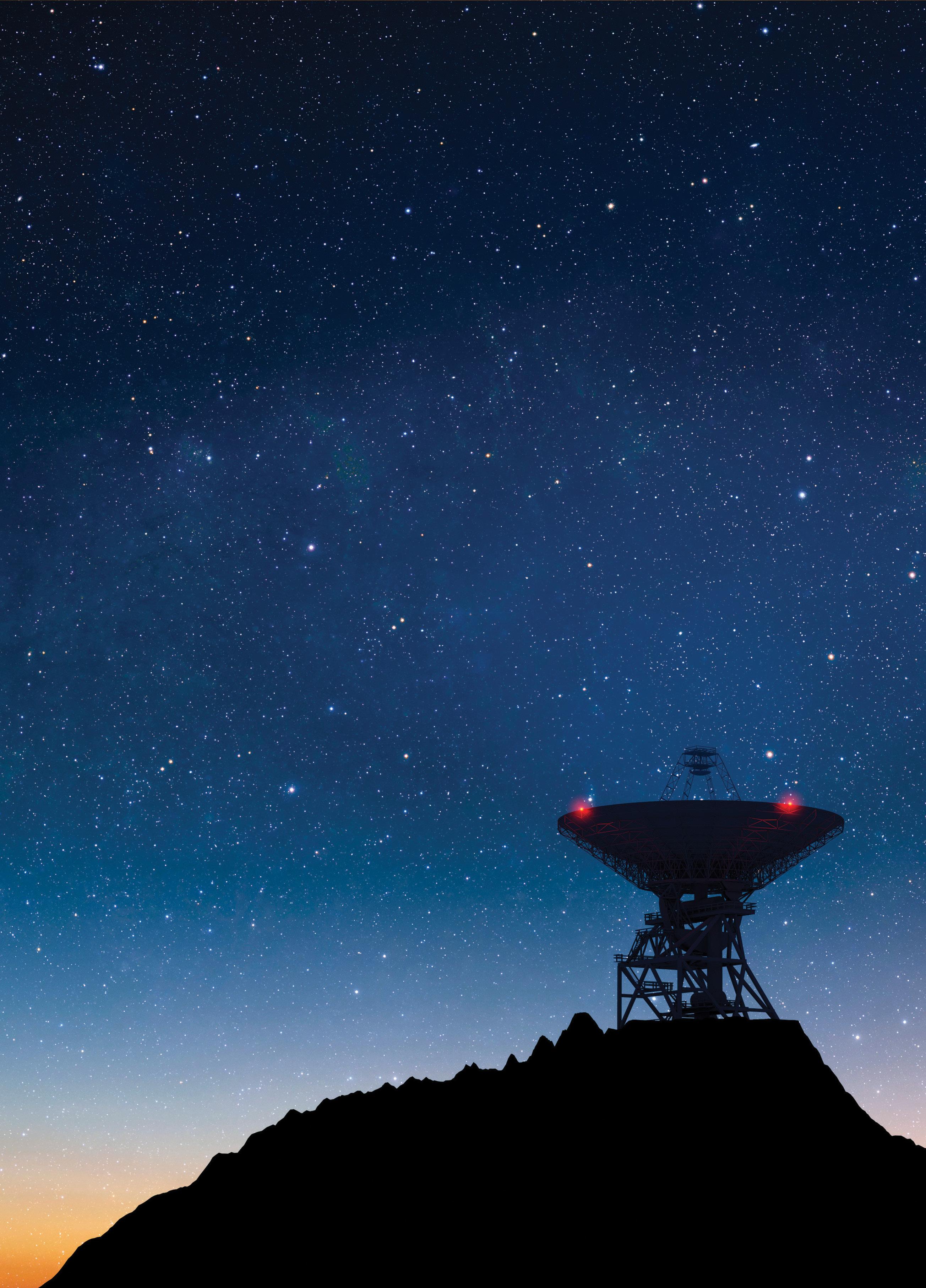
ARE YOU READY TO STARGAZE WITH US?
LEARN MORE
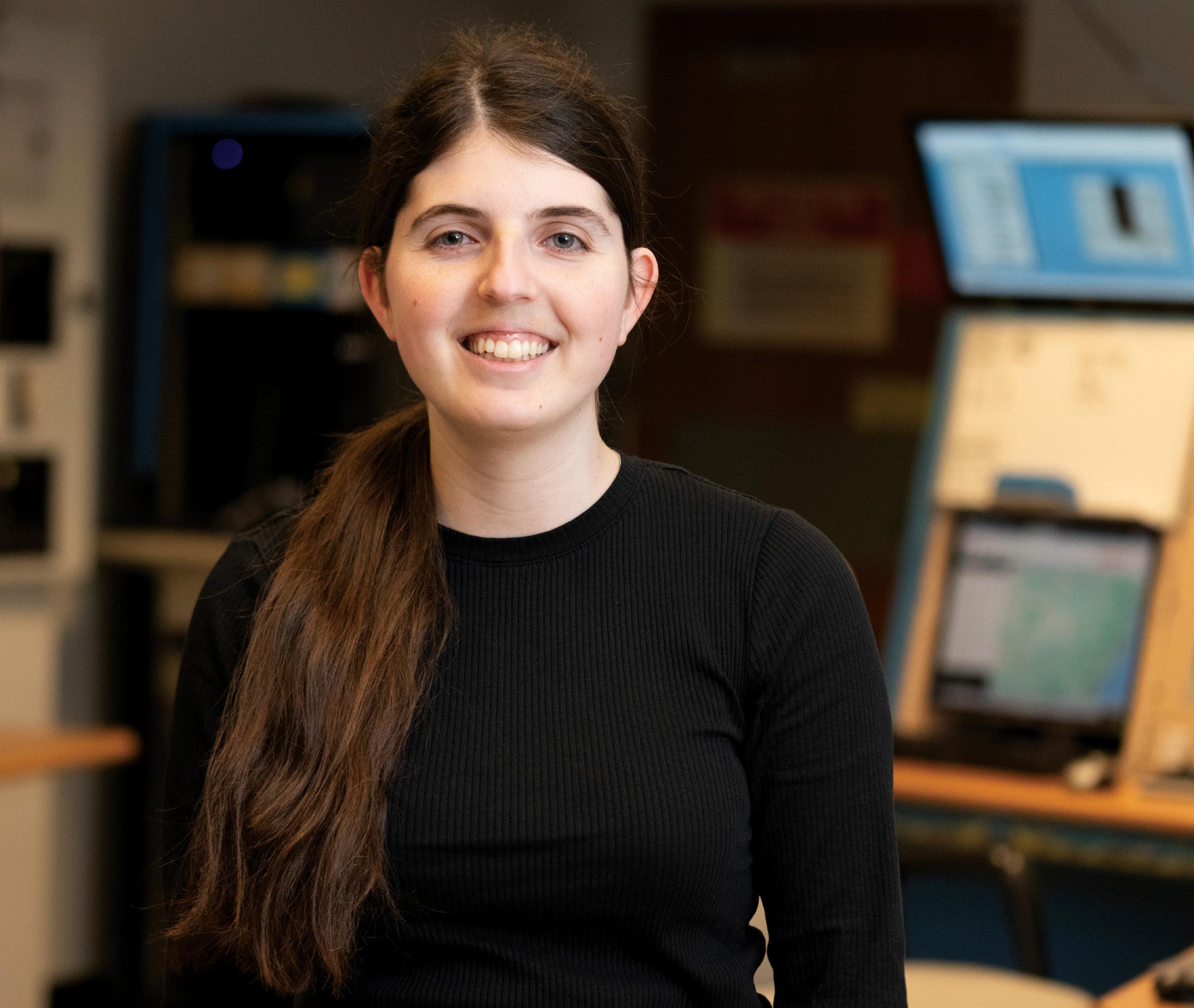
Gabriella Quattropani
PhD Candidate and Graduate Teaching Associate, Macquarie University
As an astrophysicist you’re given the exciting opportunity to explore the fundamental questions of the universe and share your discoveries with others.
When I was younger, I really wanted to be an audiologist. But I just loved physics class too much and found myself studying a Bachelor of Advanced Science at Macquarie University, majoring in Astronomy and Astrophysics.
The universe seemed so vast and unknown that I figured there would always be questions remaining unanswered. That was great for someone like me, who struggles a little with a short attention span, because I knew I’d have room to pivot and study whatever took my fancy.
During my time as a student at Macquarie, I joined the University’s Association for Astronomy, a student-led group that hosts public viewing sessions inside Macquarie’s gorgeous on-campus observatory. It brings in people of all ages, offering the community a chance to explore the cosmos through our telescopes.
Currently, I am finishing a PhD, balancing my
research with teaching responsibilities. One of the most rewarding aspects of my role is mentoring the next generation of women in STEM.
I have received several awards and scholarships for academic achievement, but nothing compares to the pride I feel when I see young girls excited about space. It’s why I love my current role: being able to teach the next generation of women in STEM is super rewarding!
So if you’re curious about how the universe works, a career in astrophysics will always keep you fulfilled, plus give you the chance to push the boundaries of science.
Gabriella Quattropani
PhD Candidate and Graduate Teaching Associate, Macquarie University
Become an astrophysicist in an industry that’s set for take-off!
With the Australian Space Agency aiming to triple the size of the sector and create up to 20,000 new space jobs by 2030, there’s never been a better time to get into a space career. And if you’re curious, love STEM and have always wanted to explore and understand the universe, astrophysics could be an out-of-this-world study and career path for you.
Choose this career if...
✔ You’ve always been fascinated by the night sky
✔ You want to help unlock the secrets of the universe
✔ You’re a great problem solver
✔ You’re an analytical thinker
✔ You like maths and technology
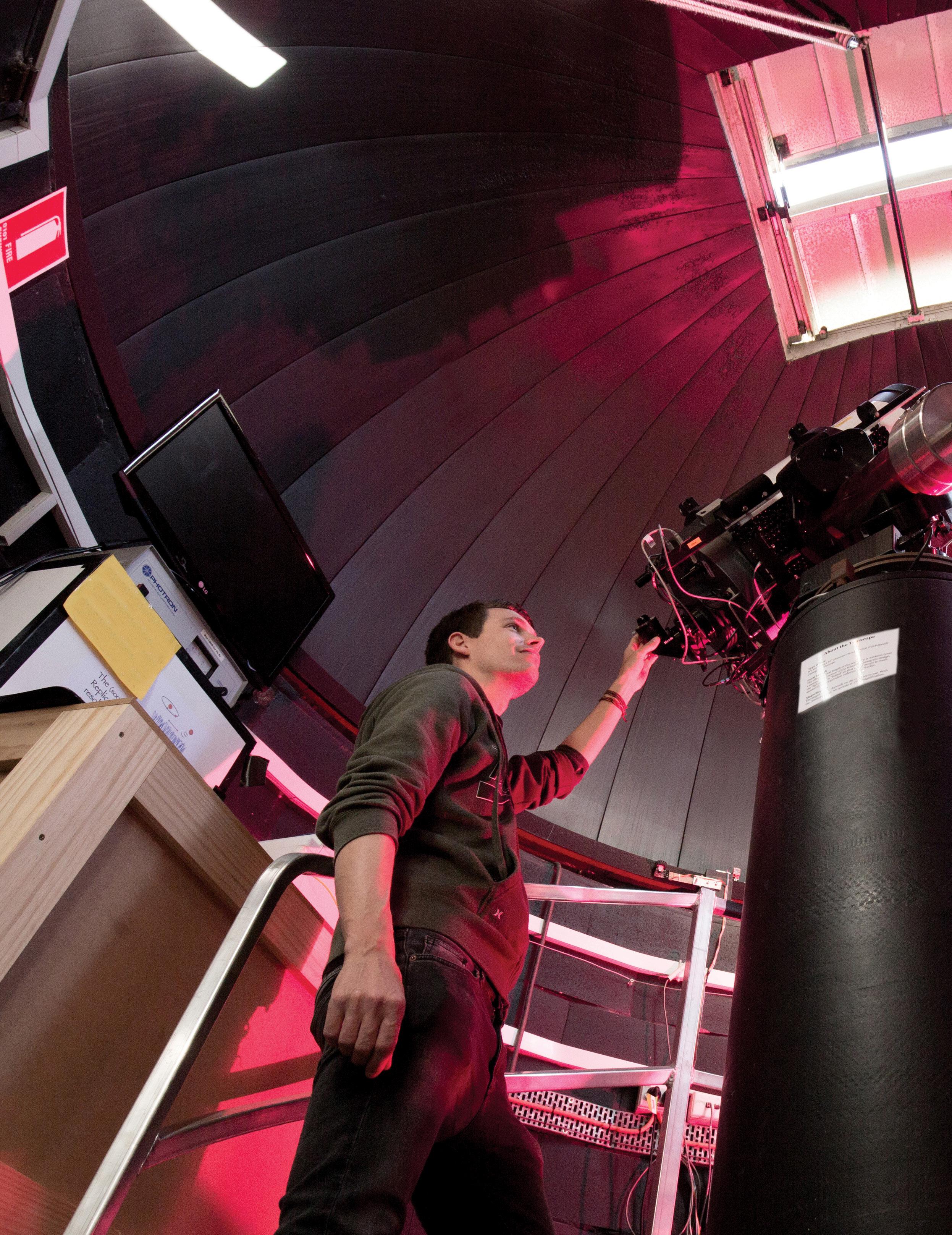
Top employers like CSIRO, the Australian Defence Force and NASA love hiring astrophysicists. Plus, a wide range of industries need them too. These include:
• Education
• Government
• Health
• Science
• Technology
Did you know?
30,000 people could be working in the Australian space sector by 2030. Soooo many jobs!
flyer
FYI: Travelling the world to research and present at conferences can be part of this gig!
Studying a Bachelor of Science (Major in Astronomy and Astrophysics) at Macquarie University is a great way to kickstart a career as an astrophysicist Your studies are accredited by the Australian Institute of Physics. You’ll use state of the art observatory facilities, learn Python-based astronomy software, and apply maths skills sought after in lots of different industries.
The academic staff have won teaching excellence awards, and the University has strong industry links, working collaboratively with CSIRO’s Astronomy and Space Science, as well as Australian Astronomical Optics. Macquarie University also has its very own on-campus observatory (the only one in Australia!), where you’ll get to use optical and radio telescopes.

Scan here to see some incredible images Macquarie University staff and students have captured from the observatory.
Rocket into these roles
After studying astrophysics, you could score a job as a:
• Researcher
• Data analyst
• Remote sensing specialist
• Scientific officer
• Science communicator

#1
An astrophysicist and an astronomer are the same thing

Nope! Astronomy is all about observing and studying celestial objects like stars, planets and galaxies, while an astrophysicist applies the laws of physics and chemistry to understand these objects and ultimately figure out how the universe works.
Famous astrophysicist
Stephen Hawking was a celebrity of the astrophysics world and was well-known for his work on black holes, relativity, quantum and cosmology. He also wrote ‘A Brief History of Time’, which you should definitely read if you’re keen on becoming an astrophysicist! You can find out more about Stephen, his life and his work at hawking.org.uk
#2 #3
Astrophysicists spend all day looking in telescopes
While they do use telescopes and other cutting- edge tech to collect data, there’s plenty of other parts to this job. Astrophysicists also need to analyse the data they collect to gain insights, write up reports about their research, communicate their findings to all different audiences, and work with other scientists to answer big questions. Some even mentor astrophysics students and graduates in unis and research institutions.

An astrophysicist can tell you what star sign you’re compatible with Ahh, no. It’s probably best to leave the horoscope questions to an astrologist!

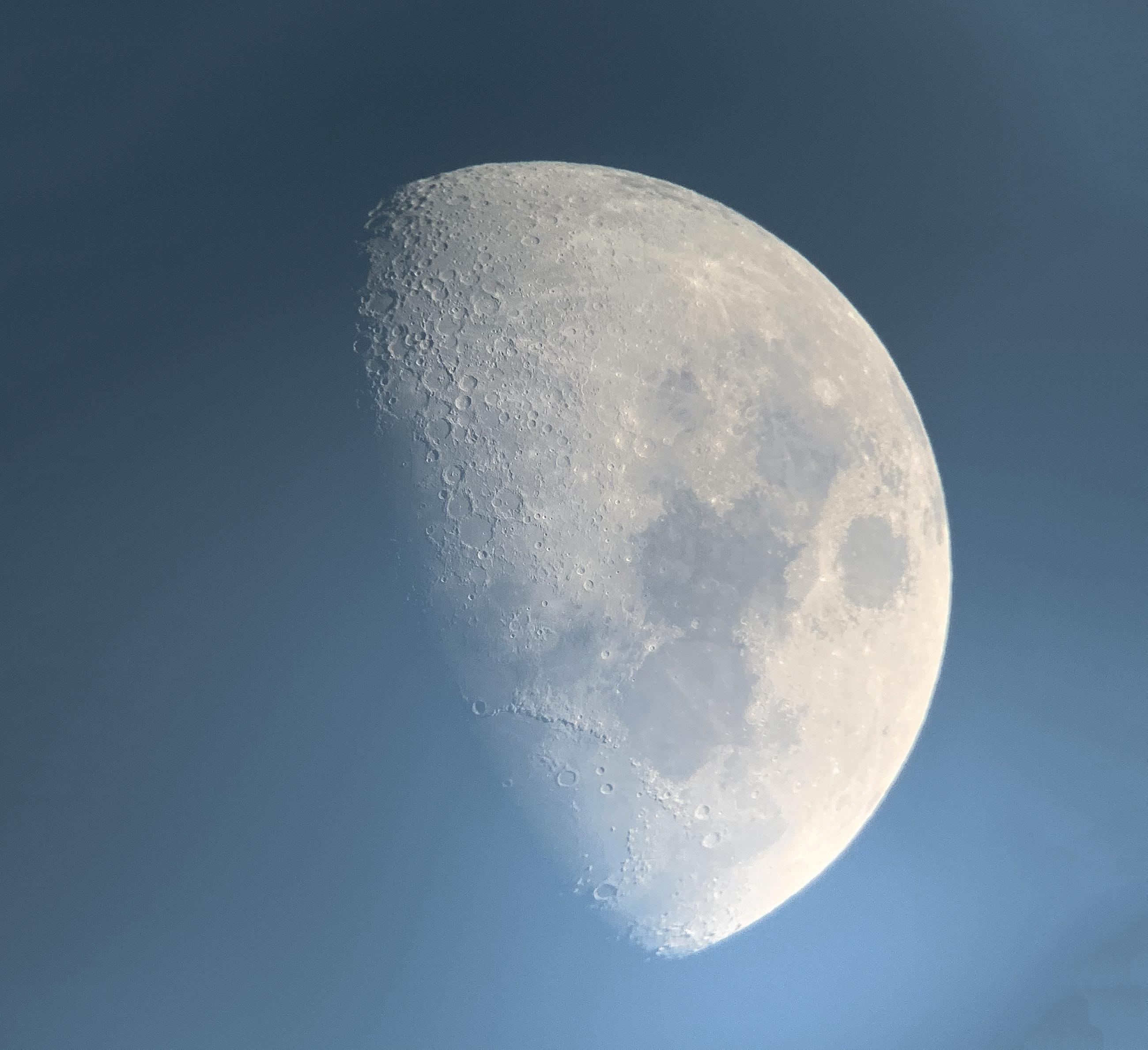

As a photographer and filmmaker Owen chose astrophysics at Macquarie University for the world-class facilities the uni has to offer.
Now in his third year of a double degree in Science (Astronomy and Astrophysics) and Media and Communications (Screen Production), Owen is on track for an exciting career combining his two passions.
“I’ve always been interested in learning about space and science. Being an astrophotographer really inspired me to want to use the amazing facilities that Macquarie Uni has to offer,” Owen says. “Volunteering at the Observatory for general tour nights and at the Astronomy Open Night were amazing opportunities,” he adds.
Owen’s path shows studying astrophysics isn’t just about working with space. “Astrophysics not only lets us explore how the universe was formed, but allows us to understand how the Earth works and how we can use technology to improve our everyday lives,” Owen says.
And for those really interested in the connection between humans and space, there’s plenty to offer.
“There is a great push for developing technologies so that humans can live healthily and productively in space and on other celestial bodies such as The Moon and Mars without the need to come back to Earth and readapt to our environments,” Owen says.
In the meantime, Owen is busy creating science and space-related content to inspire all of us!
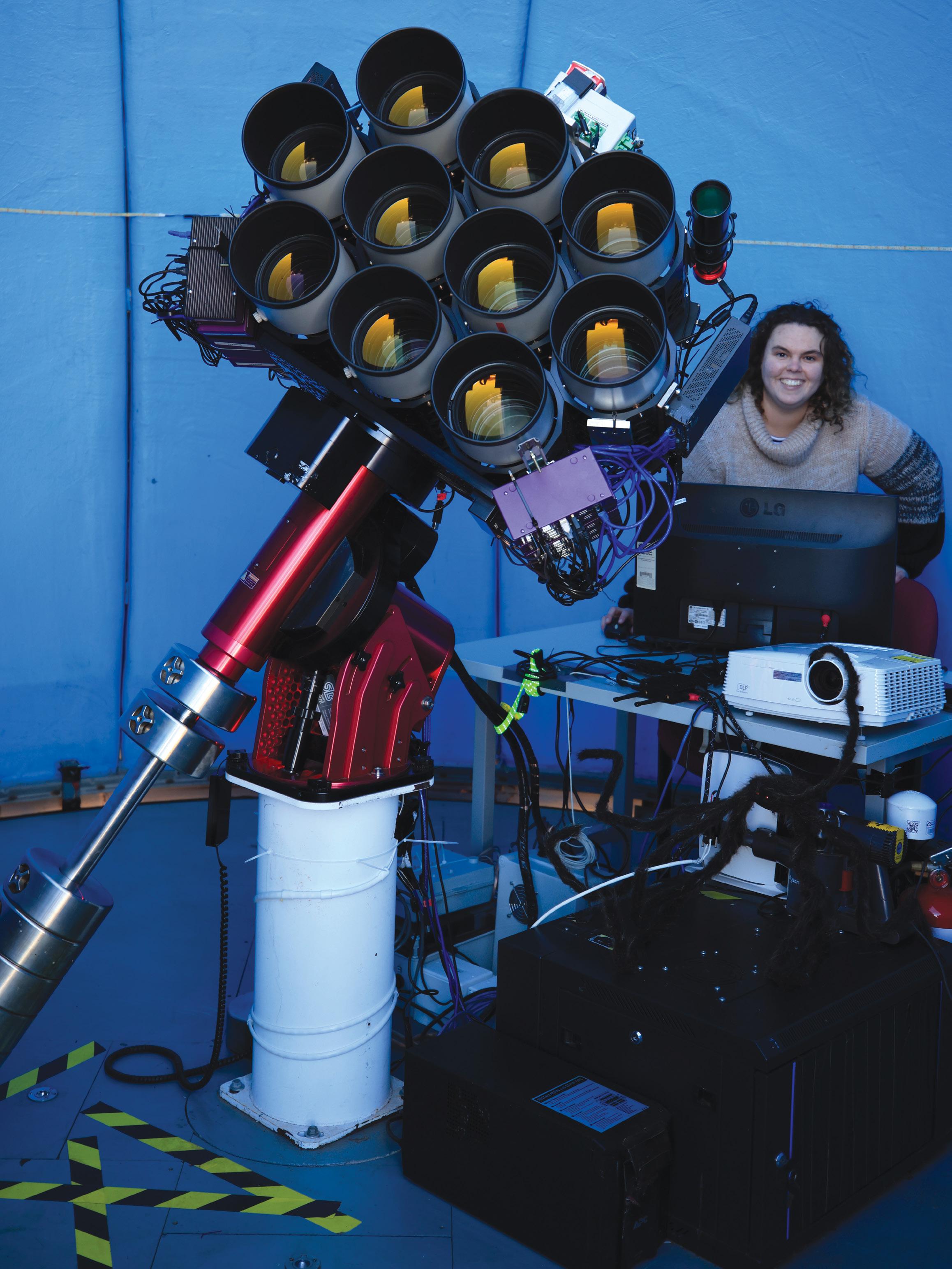
sarah caddy astronomy researcher
Sarah’s pathway so far, has been out of this world. After an undergraduate degree in straight-up science, the spacelover set out to specialise in astronomy and astrophysics, working as a guide at The Sydney Observatory before kickstarting a PhD at Macquarie University.
And for a postgrad reaching for the stars, she’s in the right place, with the uni boasting its very own in-house telescope — the Huntsman — which she helped co-create and launch.
“I’ve always had a keen interest in science, communication and education, celestial navigation, space science and technology,”
Sarah says. “At the moment I’m studying the challenges of detecting light from our first stars and galaxies!”
daytime astronomy is an exciting field with advances in sensors and other tech”
Unlike regular telescopes that allow for stargazing at night, the Huntsman has the game-changing capability of allowing astrophysicists and astronomers to study low- lying stars during the day.
“Our tests show the Huntsman can achieve remarkable results in daylight hours,” Sarah explains. “Daytime astronomy is an exciting field - with advances in camera sensors, filters and other technologies.”
Day in the life..
8am
Check if the weather is clear and open emails — I never know what opportunities will pop up from collaborators!
11.00am
If the weather is good, start observing with Huntsman — if not, data reduction, software development or paper writing.
1pm
Lunch with friends and fellow researchers. This is the best time to get feedback on crazy ideas for a new project.
3pm
Writing — whether it be an observing proposal, my latest paper or PhD thesis.
5pm
Shut down Huntsman if observing and take calibration data.
7pm
Wander up to the Macquarie University Observatory to enjoy some late-night astrophotography with friends.
Ready to shoot for the stars? Here’s how to prepare for an astrophysics study and career path…
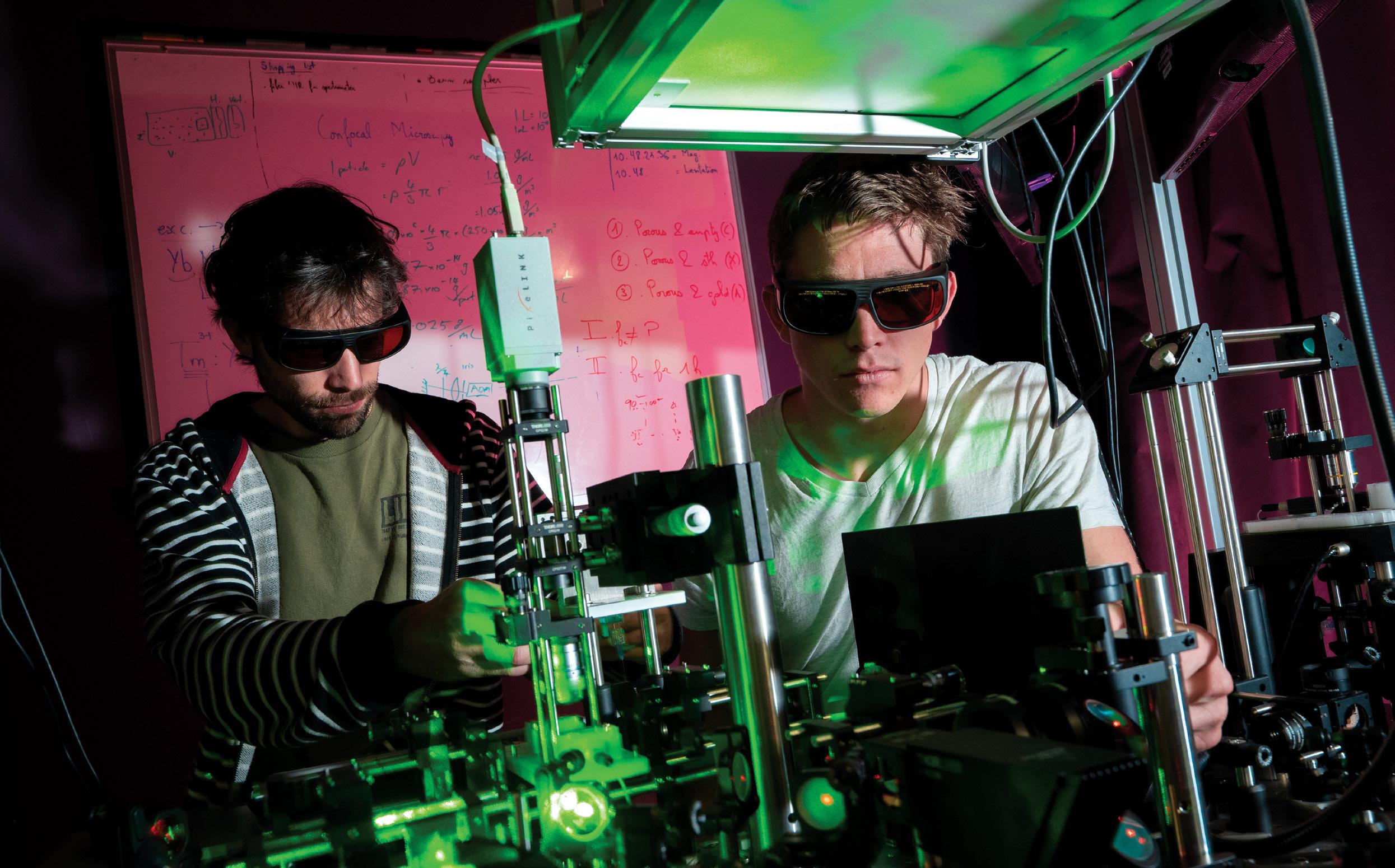
Take part in some space tourism without leaving Earth!
Macquarie Uni Observatory
Book in for a guided night tour to view the moon, planets and star clusters through a telescope.
The CSIRO Parkes Observatory
A.k.a. The Dish! A must-visit for everyone interested in space. The Dish played a big part in man landing on the moon back in 1969.
Canberra Deep Space Communication Complex
Part of NASA’s Deep Space Network, head here to see the largest steerable antenna dish in the Southern Hemisphere!
Charleville Cosmos Centre
Take a trip to Outback Queensland to see the Milky Way through powerful telescopes.
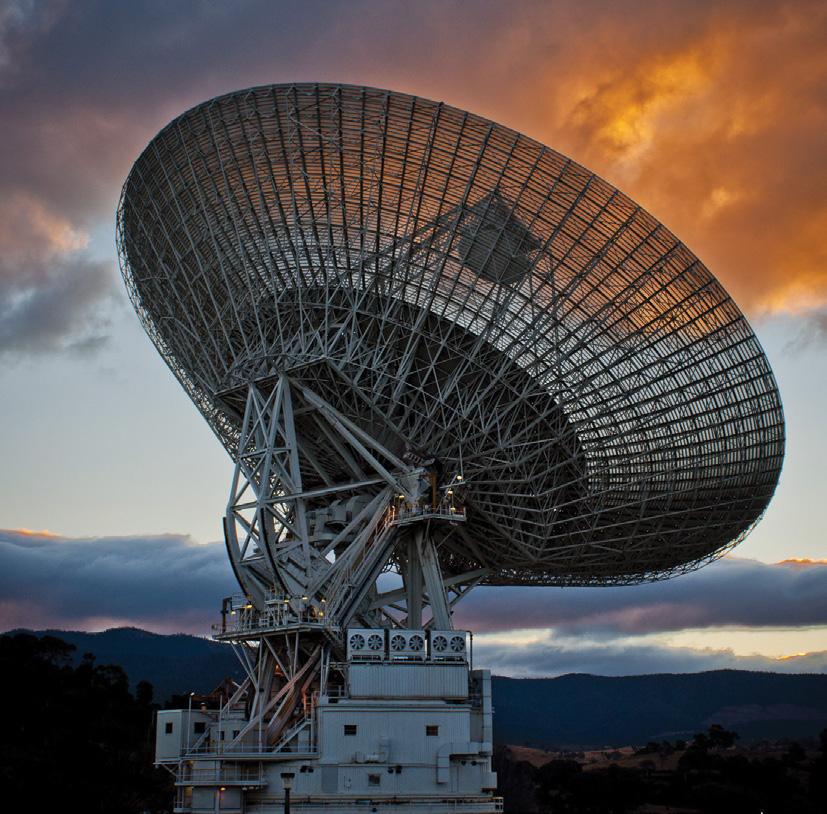
Netflix and skill up with these docos…
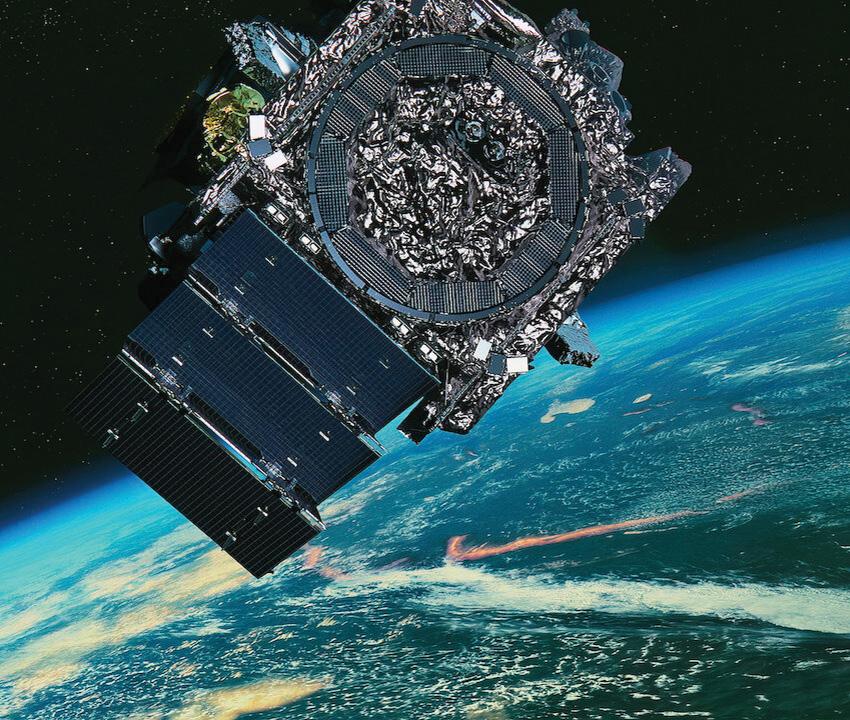
UNIVERSE
Choosing high school electives?
These subjects will set you on the right path for a career in astrophysics. ✔ Physics ✔ Maths ✔ Software Design and Development
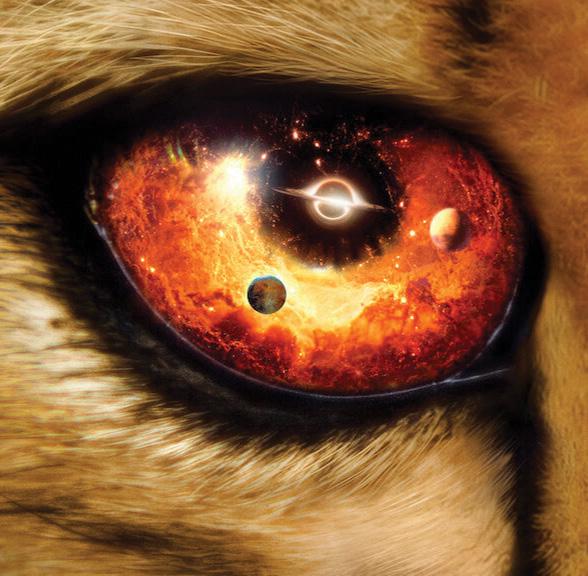
Watch the incredible story of our universe over billions of years and how it’s affected life on Earth.
TO SPACE
Get a sneak peek into NASA and SpaceX while getting up to speed on the 20-year effort of returning American astronauts to the International Space Station.
UNKNOWN: COSMIC TIME MACHINE
James Webb Telescope fans will love this one, which follows its journey from idea stage right up to launch.
Podcasts for a rainy day or long drive!

NASA’s Curious Universe
Explore the cosmos with astronauts, scientists and engineers doing amazing things in science, space exploration and aeronautics.
StarTalk Radio

Hosted by astrophysicist Neil deGrasse Tyson, this podcast covers astronomy, physics, pop culture and comedy! Listen out for guest celebs and scientists!
Ask a Spaceman
Each episode, astrophysicist
Paul M. Sutter answers a question a listener has sent in, such as, “Will our universe end in a big rip?” and “Why is it so hard to return to the moon?”